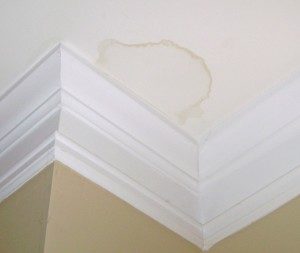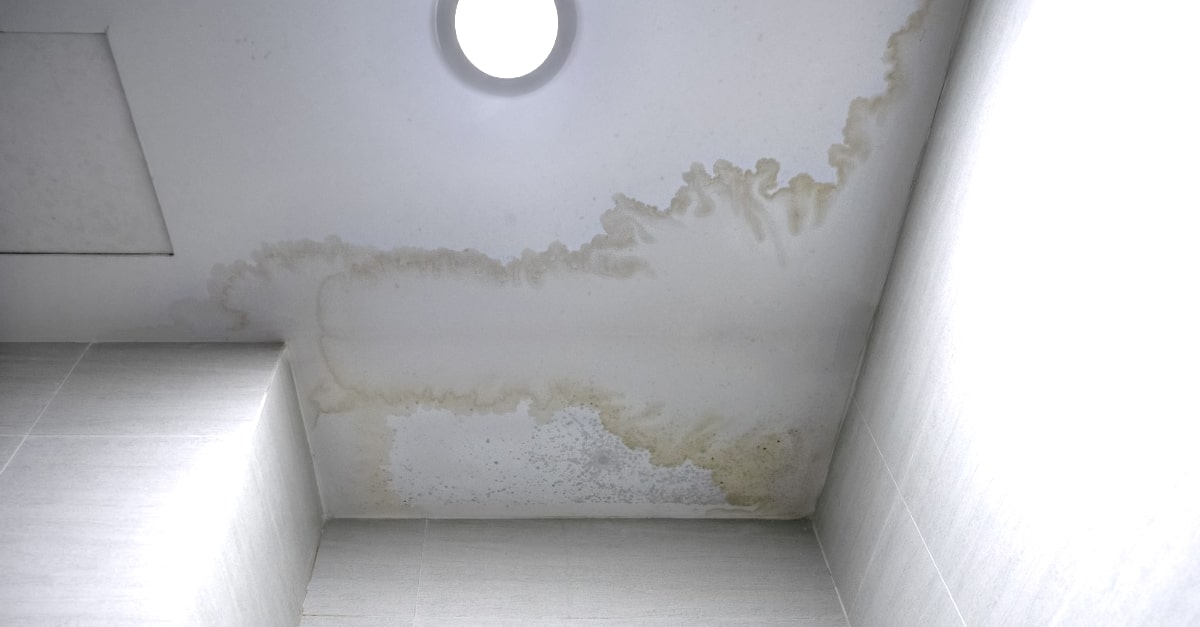Tips for the Six Most Common Causes of Water Leaks in Residential Spaces
Tips for the Six Most Common Causes of Water Leaks in Residential Spaces
Blog Article
Were you looking for resources concerning How to Find Water Leaks?

Leakages not only create waste of water however can also trigger unnecessary damages to your house and advertise undesirable natural development. By recognizing as well as looking for daily circumstances that create leakages, you can protect your residence from future leaks and also unnecessary damage.
Encroaching origins
Many water leakages start outside your house rather than inside it. If you discover an abrupt decrease in water pressure, claim in your tap, require time to go out and analyze your yard. You may notice damp spots or sinkholes in your lawn, and that might suggest that tree roots are attacking water lines causing water to leak out. You can have your plumber look for invasion, particularly if you have trees or bushes near your residential property.
Rusty water supply
This could be the reason of discoloration or warping on your water pipes. If our plumbing system is old, think about replacing the pipes because they are at a greater danger of deterioration than the more recent versions.
Malfunctioning Pipeline Joints
The factor at which your pipelines attach is frequently the weakest web link in the waterline. Pipe joints can degrade gradually, causing water leakages. However, most of pipeline joints are not conveniently noticeable. If you have noisy pipes that make ticking or banging noises, especially when the hot water is activated, your pipeline joints are possibly under a great deal of stress. It is a good idea to have your plumber check your system yearly.
Instant temperature level adjustments.
Severe temperature level changes in our pipelines can create them to broaden and contract unexpectedly. This development as well as contraction may create fractures in the pipes, especially if the temperature level are below freezing. If you kept an eye on how your plumbing functions, it would be best. The presence of the formerly stated scenarios often indicates a high threat.
Poor Water Connectors
Sometimes, a leakage can be caused by loosened hoses and also pipes that supply your appliances. More often than not, changing is what creates the loose water Links. You may find when it comes to a washing maker, a hose might spring a leak because of drinking during the spin cycle. In case of a water links leakage, you may see water running directly from the supply line or pools around your appliances.
Blocked Drains
Obstructed drains could be frustrating and inconveniencing, however they can sometimes wind up creating an overflow resulting in rupture pipelines. Keep eliminating any type of products that may drop your drains pipes that could block them to stay clear of such inconveniences.
All the above are root causes of leaks but not all water leaks arise from plumbing leakages; some leakages could come from roofing leaks. All leakages need to be fixed right away to stay clear of water damages.
Leakages not just cause waste of water but can likewise trigger unneeded damages to your residence and promote undesirable natural development. By looking and understanding for daily circumstances that trigger leakages, you can shield your residence from future leakages and also unneeded damages. Today, we will certainly look at 6 leakage creates that might be creating your pipelines to leak.
At times, a leakage can be triggered by loosened pipes as well as pipelines that supply your appliances. In case of a water connections leak, you may notice water running directly from the supply line or pools around your devices.
Tell-Tale Signs of a Water Leak
The Sound of Running Water
If you’re hearing water running, your first step should be to check your faucets, toilet valves, and outdoor spigots. If everything if status quo, take an exact reading of your water meter and don’t use the water for a few hours. Then, take another meter reading. If there has been no change, that means water is not running (and maybe it’s time to have your hearing checked!). If the reading has changed, however, this indicates that water is indeed flowing and you most likely have a leak.
Wet or Damp Floors
You’re walking across your carpet and suddenly squish—your sock is soaked! The dog doesn’t look guilty and your child swears they didn’t spill anything. That means you’re likely looking at sewer leakage. Now, it’s easy to just soak it up with a towel and call it a day; however, this won’t stop the leak. Ignoring the problem allows moisture to build up, ultimately causing mold or mildew. Not only is this smelly, it can be very toxic and harmful to children, the elderly, pets, and those with weak immune systems. Don’t risk the health of your home and your family—call in a professional to take care of the problem.
Foul Odors
If there’s an unpleasant smell in your home and you can’t locate the source, don’t just light a candle or spray some Febreze. Funky smells are often due to mold and mildew, which spread fast under ideal conditions (optimal temperature and level of humidity). Growth begins within about 24-48 hours, and spores start to colonize in 3-12 days, becoming visible to the eye within about 18 days. If you think the odor is leak-related, get a plumber out as soon as possible to mitigate damage from rapid fungi growth (and rid your home of the foul odor).
Overgrowth in the Lawn
Unless you didn’t fertilize your lawn evenly, a lush patch of grass in a select area of your lawn, or concentrated wet spots, indicate pipe leakage which is acting as a fertilizer. Left untreated, hazardous bacteria in the underground waste will quickly turn into a messy situation, going from lush growth to lawn destruction.
Wall Cracks
Over time, even the littlest of leaks can cause cracks in the foundation of your home and compromise the entire structure. How does it happen? The leak continues hammering away at the same spot in the ground beneath your home, eventually causing it to shift slightly. Now, you’d never feel this shift, but your walls will. This can be a very dangerous situation, so if you’re seeing vertical or diagonal cracking in your walls it’s best to call a plumber right away.
https://www.expresssewer.com/blog/6-telltale-signs-of-a-water-leak-in-your-home

Hopefully you enjoyed reading our topic on Common Water Leaks In House. Thanks a ton for finding the time to read through our piece of content. Appreciated our entry? Please share it. Help somebody else discover it. Thanks so much for taking the time to read it.
Contact Us Today Report this page